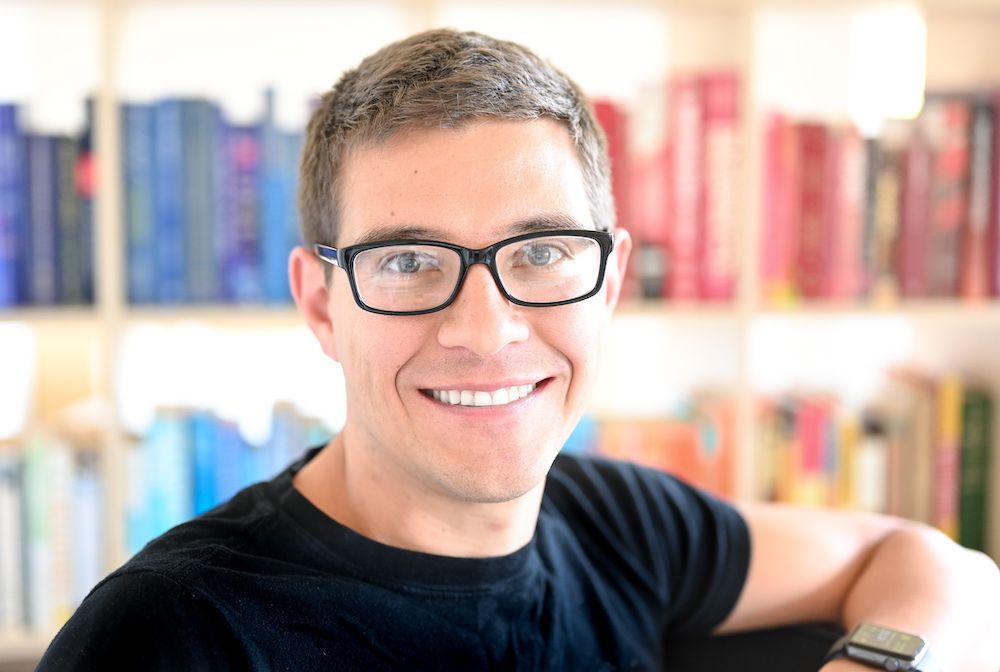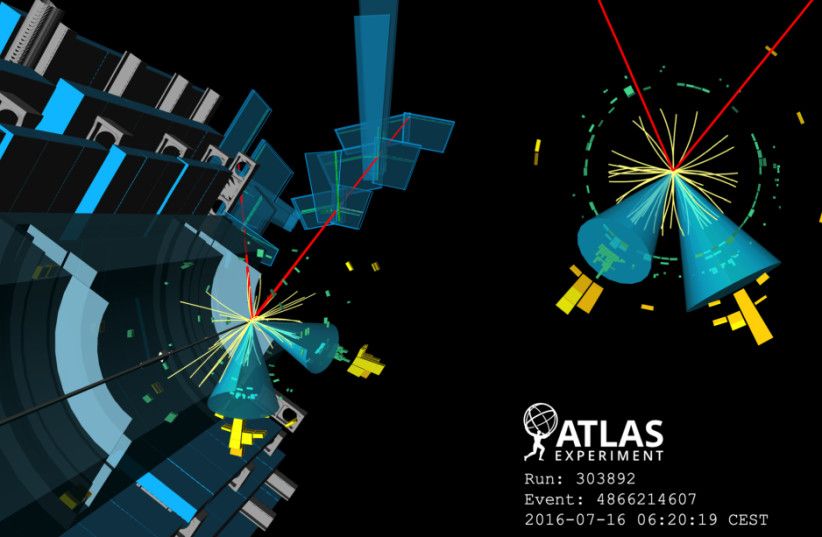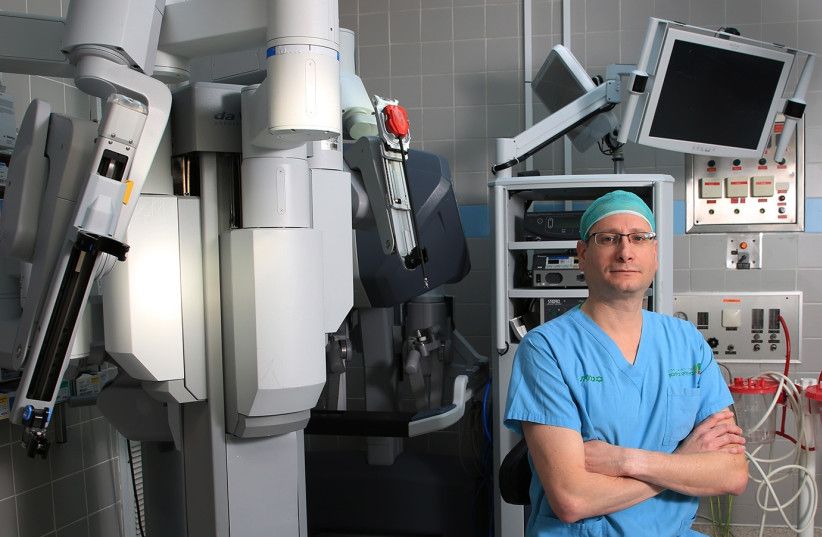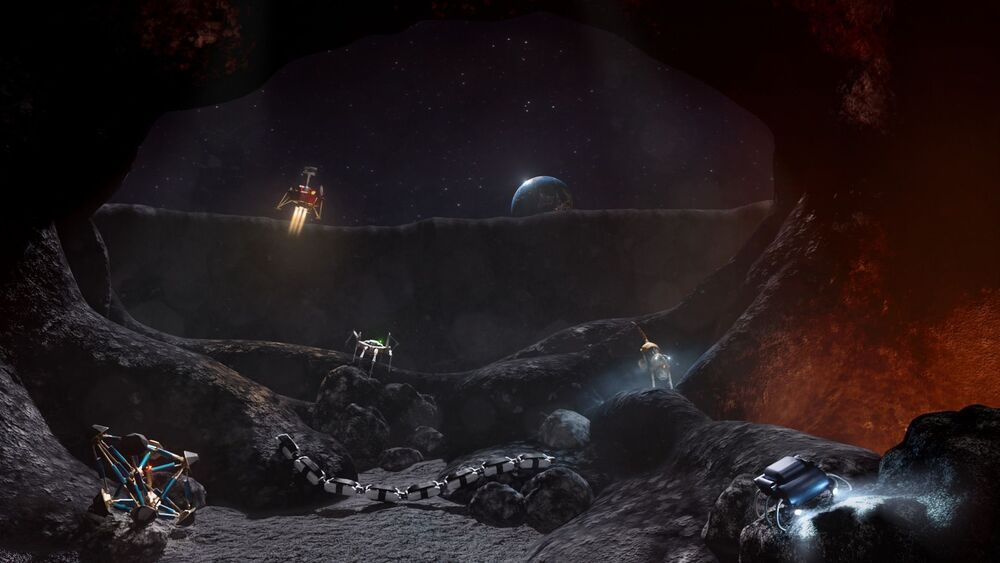Tesla Cybertruck pre-orders have exceeded 1.25 million according to unofficial data coming from a fan-sourced online reservation tracker.



Is there ever really a good time to launch a startup?
That’s the question Javier Luraschi was asking and sort of answering for himself in discussing his effort to “democratize artificial intelligence” through his new company called Hal9.
And while getting a startup off the ground is challenging enough under normal circumstances, Luraschi made his move during the COVID-19 pandemic and while suffering the effects of and searching for answers to long COVID, a condition in which people experience symptoms of the illness for extended periods of time.

The scientists found evidence that “beauty” quarks do not decay in the way they should following the Standard Model.
Beauty quarks, particles similar to but heavier than electrons, interact with all forces in the same way, so they should decay into muons and electrons at the same rate.
However, the data collected by the LHCb seems to show that these quarks are decaying into muons less often than they decay into electrons, which should only be possible if unknown particles are interfering and making them more likely to decay into electrons.



A new image hints at the cosmic fate of the Milky Way.
Astronomers on the Hubble Team captured a three-way tug of war between galactic siblings as their gravitational force pulled on one another.

For the first time in Israel, a doctor at Beilinson Hospital in Petah Tikva has used a da Vinci robot to perform the complex surgery of untrapping a man’s ureter from behind his vena cava — the largest vein in the body that carries blood to the heart from other areas.
Last month, a 41-year-old patient checked in to Beilinson suffering from the effects of retrocaval ureter, a ureter that abnormally encircles the inferior vena cava. Only one in 1500 people are born with this deformity, which worsens over decades until eventually it leads to sepsis.
With a retrocaval ureter, the ureter passes behind the large vein instead of in front of it or right by it. The only way to cure the person is to perform a complex operation to move the ureter.
Usually “open” surgery is performed, meaning the patient is cut open. But Dr. Shay Golan, head of the Urologic Oncology Service at Beilinson, decided to try something new and, for the first time in Israel, a robot performed the surgery in 50 minutes, making only three very small incisions (each less than 1 centimeter) in his belly and without any blood loss.
Dr. Shay Golan, head of the Urologic Oncology Service at Beilinson Hospital, decided to try something new and, for the first time in Israel, a robot performed the surgery in 50 minutes.


High-energy #lasers are moving quickly from prototype to deployment for the #USArmy and #USNavy. We’ve helped make that happen.
A brief history of high-energy lasers.
The U.S. military has had electromagnetic spectrum weapons in mind since the 1960s. Throughout the 1980s, industry and military laid the groundwork for figuring out how to reach practical power levels, beam control and adaptive optics. The Department of Defense officially recognized lasers as a plausible future weapon in 1999, marking the beginning of formal research and development.
%{[ data-embed-type= image data-embed-id=6105d4fd38fdfbe3338b45e7 data-embed-element= span data-embed-size=320w data-embed-align= left data-embed-alt= Raytheon has installed the prototype High Energy Laser Weapon System (HELWS) aboard a Polaris MRZR all-terrain vehicle to defend military forces from enemy unmanned aircraft. data-embed-src= https://img.militaryaerospace.com/files/base/ebm/mae/image/2…max&w=1440 data-embed-caption= Raytheon has installed the prototype High Energy Laser Weapon System (HELWS) aboard a Polaris MRZR all-terrain vehicle to defend military forces from enemy unmanned aircraft. ]}%However, researchers did demonstrate limited-use lasers earlier than that, with the U.S. Defense Advanced Research Projects Agency (DARPA) firing a 100-kilowatt laser in 1968 and the Navy-ARPA Chemical Laser producing 250 kilowatts in 1975.